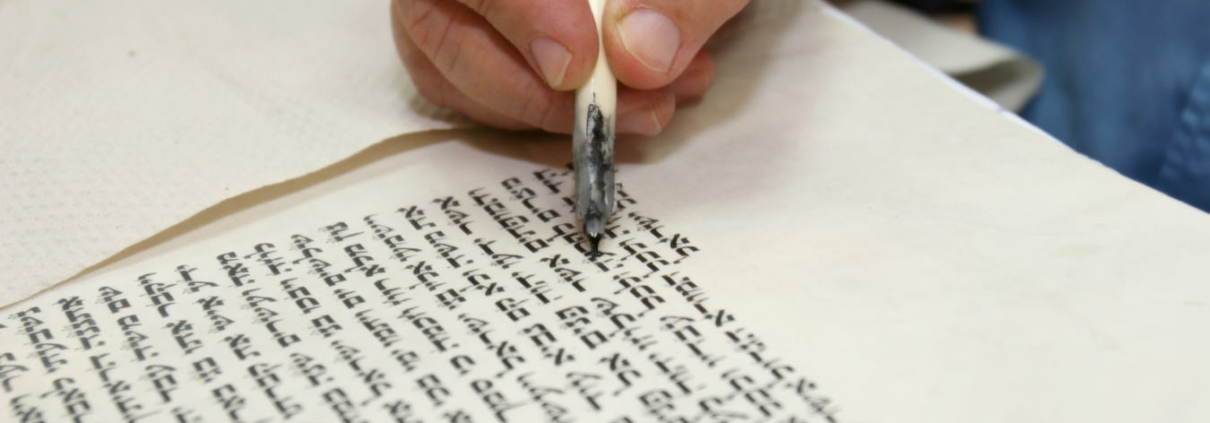Word Imperfect
I’ve completed four decades of adulthood. Those four decades are like four books of Torah: my growth, my exodus, my immersion in law, and my journeys through difficult times. I’ve got my very own personal sized torah to share.
These are the books of Evan. Genesis is a tale of growing up and expanding family. In my torah, I begin with the sacrifices of ancestors who fled pogroms to the safety of America. I recall the stories of poverty and pain adjusting to this new world. I appreciate the hard work of my parents who enabled me to have a career and comfortable life.
Exodus is traveling a new path. I had my departure from home, which then felt like a tight squeeze. I left for Washington, DC where I found independence and responsibility. I settled into a city of promise, a place for justice, and a home of freedom. Capitol Hill was my mountain for revelation.
Leviticus is a deep dive into law. Washington is where I learned the law. I developed a law practice. I advocated for better laws. And when I could, I learned Jewish law. I enhanced my Jewish practices. I advocated for a better Judaism.

writing a Torah scroll
Numbers is an experiment challenged. Expectations for a good life weren’t always realized. Sometimes blessings seemed to fall from the sky and other times challenges plagued me. My process of maturing continues to be managing disappointments and accepting limitations.
After four books of Torah are completed, Deuteronomy is offered. Deuteronomy comes from the Greek meaning a second telling. In Hebrew Deuteronomy is known as devarim translated as “words.” Devarim is Moses’ end of life review rife with acrimony and disappointment. Moses tells us what “really” happened, even if the facts shift as readily as desert sand.
The book of Deuteronomy opens with “these are the words that were spoken on the other side of the Jordan.” When we get farther from the time that events occurred and memory is tainted by emotions, the words spoken are like those reported from the other side of the Jordan. This is a metaphor for the way in which time and perception morphs truth into truthiness. The other side of the Jordan is where faith faltered amid setbacks and mistakes. The retelling is a cautionary tale and not a history book.
After forty years of adulthood, I too will speak words from the other side of the Jordan. Will I recall the details exactly as they occurred? Probably not. Will I let emotion color the narrative, with pique and disappointment just in the way Moses did? Probably so.
As I get older, the details are fading and the emotions are flooding. I am mindful of Moses’ example in Deuteronomy. Narrative is a powerful tool for teaching, even when memory is imperfect. Facts may be servants to the master story. Emotions compel us to cherry-pick the truths that best serve the account we wish to share.
Even as my memory is dulled, I will transcribe my history. The records of my life have previously been started in crayon or pen or typewriter. Now I report more methodically on a keyboard with shift and edit functions; sometimes aching to hit the delete key and often struggling to find the button for reveal codes.
In between the scurrying and schlepping, the over scheduled days, the emails unanswered and meetings unending, I am recording my thoughts and sharing them with you. I am writing the personal sized torah of me.
I’m on the other side of the Jordan and I’ve got a fifth book to finish writing. I shall try to write with skill using a program called Word, having abandoned Word Perfect.
Rabbi Evan J. Krame






 Evan J. Krame was ordained as a rabbi by the
Evan J. Krame was ordained as a rabbi by the